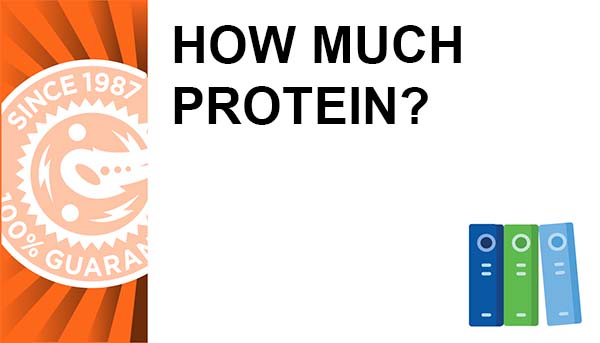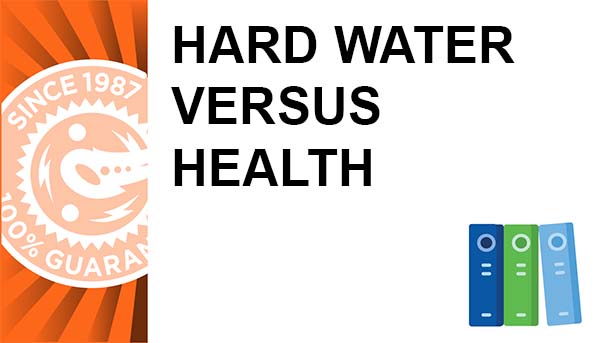BY STEVE BORN
When most people think of magnesium, they usually regard it as a nutrient that’s good for the heart (which it is), or for helping alleviate cramping, calming nerves, and assisting in maintaining strong bones (which it does in all three cases). There are numerous other hugely beneficial effects attributed to magnesium, but not too often does “antioxidant support” get mentioned.
But that might very well be one of magnesium’s greatest benefits. Without magnesium—which is arguably the most important antioxidant of them all—glutathione cannot be produced. Glutathione’s importance in human health is hard to overstate. Highly regarded nutritional scientist, Dr. Ward Dean, calls it the “Life-Extending Master Antioxidant.” Dr. Dean states, “Glutathione is present in nearly all living cells, and without it they can’t survive… glutathione has major effects on health at the molecular, cellular and organ levels.”
So we know that having adequate amounts of glutathione is vitally important. But how does magnesium fit in? In two very important ways:
1) Magnesium is an absolute requirement for the proper functioning of an enzyme known as gamma-glutamyl transpeptidase (GGT), which plays a key role in the synthesis of glutathione, via the gamma-glutamyl cycle. Bodily production of glutathione, by way of this particular cycle, is important for maintaining glutathione balance and in helping recycle “used up” (i.e. oxidized) glutathione. Its beneficial effects are therefore retained in the body for a longer period of time.
2) Magnesium increases the activity of an important glutathione enzyme called glutathione peroxidase (GPx). This enzyme accelerates how quickly glutathione neutralizes free radicals. Because free radicals are often considered to be "Public Enemy Number One" when it comes to cellular health, longevity and quality of life, you want antioxidants to neutralize them and protect against their damaging effects as quickly as possible. Supplementation with magnesium wasn’t just relegated to glutathione; it also increased the activity of two other extremely important antioxidants that reside in our bodies—catalase and superoxide dismutase.
According to Dr. Russell Blaylock, author of Natural Strategies For Cancer Patients: "Magnesium plays a critical role in glutathione levels. Low magnesium levels in the tissues, something that is very common, has been shown to double the number of free radicals being formed and to dramatically lower the cell glutathione levels."
HOW MUCH MAGNESIUM?
It is clear that without adequate supplies of magnesium, the powerfully beneficial effects of glutathione will never be realized. So how much do you need? The government-set Recommended Daily Allowance (RDA) for magnesium is 420 mg a day for males and 320 mg a day for females. While this is a good “starting point” in terms of optimizing your magnesium intake, keep in mind that consuming the RDA amounts are "just enough to ward off outright deficiency," according to magnesium expert, Dr. Carolyn Dean.
A more appropriate amount to aim for is the Optimal Daily Intake (ODI) standard of 500-750 mg of magnesium. Dr. Shari Lieberman, who developed the ODIs, states: "In order to attain a state of optimum health and disease prevention, we must take into our bodies’ optimum—not minimum—amounts of vitamins and minerals.”
In his hallmark paper, “Magnesium: The Key to Health and Life,” James South writes, "Magnesium expert Mildred Seelig discovered that for most people, at least 6 milligrams magnesium per kilogram of body weight is necessary to ensure a positive magnesium balance. This is roughly 2.7 milligrams magnesium per pound of body weight. For those under severe chronic stress, or who are engaged in strenuous work/athletic training that promotes intense sweating even higher levels might be required, up to 10 milligrams per kilogram of body weight, or 4.5 milligrams per pound." For a 165-pound athlete, that translates into a daily total of approximately 446 mg to 743 mg of magnesium.
Though magnesium is available in certain foods (nuts and seeds are good choices), and while eating a magnesium-rich diet is highly recommended, keep in mind that only about 30% of the magnesium from food is effectively absorbed. To ensure that you’re getting optimal amounts of this all-important mineral, supplementation with Essential Mg is highly recommended. Each capsule of Essential Mg supplies your body with 100 mg of magnesium from five highly bioavailable sources.
Magnesium has so many important roles in human health, including antioxidant support!
ADDITIONAL THOUGHTS
I think that one of the most important points in this article is in regard to how much magnesium is adequate. I really like Dr. Seelig's "formula" of 2.7 mg (minimum amount) to 4.5 mg (stress/high activity level amount) of magnesium per pound of body weight, and honestly believe that this would be an ideal formula for all of us to follow.
Example: 200-pound person
- 2.7 mg x 200 = 540 mg per day in divided doses
- 4.5 mg x 200 = 900 mg per day in divided doses
Magnesium toxicity is extremely rare, except in people with kidney failure. Toxicity symptoms have appeared in subjects taking somewhere in the realm of 5,000-9,000 mg of magnesium daily. That's an absurdly high amount; it’s what you’d find in approximately 4 to 7.5 bottles of Essential Mg.
Nausea and diarrhea are the most common effects of consuming too much magnesium in a single dose, so start with lower amounts of 100-200 mg.









